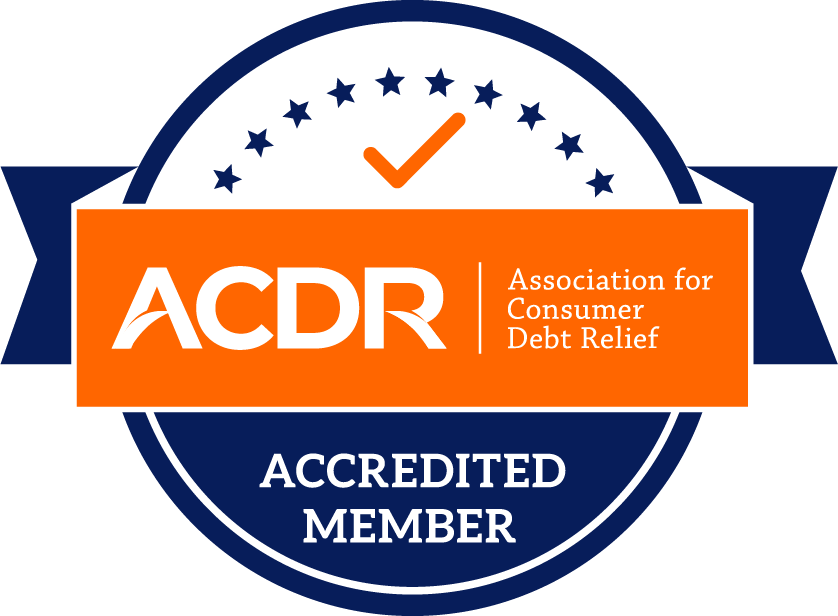
How Can I Keep Debt From Ruining My Retirement?
Dealing with Debt in Retirement
Planning the future can be exciting, especially if you have big goals ahead for when you can finally retire. Some people envision a large home and plenty of cars, while others see themselves on a quaint property so they can travel around the world for months on end. Regardless of where you see yourself in 10, 25, or maybe even in 50 years, those large goals come with significant planning and work.
These days, putting money to the side every month is simply not enough to eliminate any debt in retirement and create the financial padding most people need for a laidback future of luxury. In order to create a bound, set, and determined retirement, you have to manage your debt as efficiently as possible. Even if you save thousands of dollars, that money means nothing if you owe that same amount or more to credit card companies, private loan institutions, or other entities that loaned money to you years ago.
If you are one of the thousands looking to make sure your debt doesn’t ruin your future in retirement, consider the following steps to debt settlement:
- Tally up Your Financials
The first step in securing a positive financial future is by making sure you will not have any retirement debt. To do this, make a list of all the money you have and what you owe for bills, loans, credit cards, or other matters. Knowing your income to debt ratio is the only way to see and understand how you can move on to step two and prioritize your spending until you can come out on top. - Prioritize
Everyone has different responsibilities and priorities, but the process to preventing debt in retirement is essentially the same for all — prioritize your spending. After writing down your expected income every month, list out your common expenses in order of most to least important. Typically, this should usually begin with monthly bills and payments and end with leisure expenses, such as entertainment, dining out, or other activities that aren’t absolutely necessary from month to month. The items listed at the top of your expenses are an absolute must, and the items toward the bottom should be expenses you can easily reduce or eliminate in order to get out of debt so you can fund your retirement. - Make a Plan
Preventing debt in retirement takes work and perseverance, and the best way to make sure you’re successful is by writing out a set plan. Let’s say, for example, you make roughly $4,000 a month, have approximately $2,000 in essential bills, and are $50,000 in debt from credit cards and student loans. If you were to put $1,200 every month toward paying off that debt, you could essentially accomplish this in three-and-a-half to four years, depending on your interest rates and any other income you could put toward them.Considering the hundreds of thousands of people who spend decades paying off their debts, four years is nothing in financial terms. Even if your specific situation varies from this example, go about configuring your plan the same way — determine the maximum about of money you can allocate toward your debt every month without diminishing your bank account and just stick to it. Write it out, set reminders, and post it around your house, if necessary, to stay motivated to succeed. If you need help planning, contact Liberty Debt Relief to see what our experts can advise. - Ask for Help
Sometimes, getting out of debt means asking for help when you feel like you are out of options. For example, a debt settlement, spearheaded by the financial experts at Liberty Debt Relief, may help you get out of debt a bit faster. We have spent years building relationships with various creditors, so we can work with your lenders on your behalf. Our experts will speak to you about your unique situation, determine your goals, and then negotiate with creditors to possibly reduce the amount you owe. This could save you thousands, and the smaller debt should be more manageable for you to pay off much sooner. - Stay on Track
Out of all the steps in lowering your debt, the most important one needed to diminish your debt in retirement is simply to stay on track. Your financial health is as equally as important as your mental, emotional, and physical health and should always be treated as such. For some people, staying on track means writing their goals down every day, some people need to inform their closest friends and family members, and others need a professional financial advisor. How you go about meeting your goals is irrelevant as long as you complete them and establish the financial security you need for as little retirement debt as possible.
Whether you are a recent college graduate or an established Wall Street executive, it is never too late to demolish your debt and plan for the retirement of your dreams. Having debt in your retirement doesn’t have to be a terrifying realization, and eliminating such a thing does not have to be a far-fetched idea. All it takes is a few hours of planning and a few years of hard work for you to bid a final adieu to your debt and welcome a life free of all financial worries. To work with the experts at Liberty Debt Relief and get their support during your debt settlement negotiations, please contact us soon.







